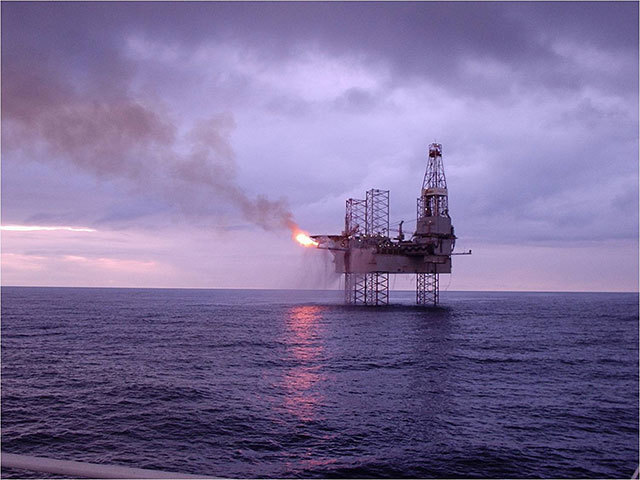
North Sea oil workers could be jeopardising future investment in the North Sea if they choose to ballot over strike action, according to a top industrial relations expert.
Unions voted against a package offered by the Offshore Contractors Association (OCA) earlier this week, a move which could lead them back to the negotiating table or a potential strike not seen since the 1980s.
Sean Saluja, a partner at Burness Paull and head of their employment division, said the decline in oil price since last year had been more “significant” than the industry had previously anticipated.
Earlier this year, unions put strike action off and recommended members voted yes to a new package deal presented to them by the OCA.
However the impact of the latest ballot result is not yet clear as both sides decide what their next move could be.
Some 63.5% of the offshore workers balloted voted to turn down the offer, which was worth £7,000 per worker yearly, according to the OCA.
Saluja said: “I think that since the beginning of this year, the impact in the drop of the oil price is apparent for everyone to see. It’s a very real dip recession that oil and gas is in. It’s not going to be something that changes overnight.
“These are very real issues that are impacting very heavily in the North Sea, it’s an even bigger impact because we have an ageing asset infrastructure.
“You could be jeopardising future investment and you may actually bring forward the end of some assets. I think it’s a dangerous thing. Any person who engages in action doesn’t get paid. I would think in the current environment we would hope people want to keep jobs as much as possible rather than debating pay.
“Offshore workers are recognised as working in a difficult environment but it is also recognised that they are paid a significant amount.
“The OCA need to get their message across – this is an industry wide message. The OGA (Oil and Gas Authority) is encouraging every service company to increase its efficiency by 30 to 40%. This is an big industry issue that cost efficiencies are made.
“The unions do themselves recognise the very real and difficult circumstances facing the industry. It’s unusual for an offer by the unions to be recommended and then rejected.
“It is also one thing to ballot reject a pay deal but then to go on strike.”
Industry chiefs said companies had to make changes to stay afloat amid the oil price downturn, but unions argued that switching to “equal-time” would lead to a slide in working standards.
The OCA, Saluja said, could choose to meet the unions back at the negotiating table – but if they cannot reach an offer which will be agreed by both parties, this could lead to a ballot on industrial action.
But if a union does decide to go down industrial action route, there is a strict set of guidelines which must be adhered to.
This includes a formal notification to all employers affected by a strike that a ballot will be taking place.
The unions also need to inform the companies of which and how many employees are set to be balloted.
The vote, which would be conducted by secret ballot, would also have to be checked by a third party regulator.
Once the unions have voted, and if it is in favour of a strike, they need to decide whether this is complete strike action or action short of a strike.
On Thursday, RMT members took part in a meeting of members regarding the outcome of the vote by unions.
It has not yet been made clear what the next step from unions will be following the ballot.
OCA chief executive Bill Murray said the deal offered on Wednesday had addressed two long-standing issues in these negotiations – sick pay and holiday pay – but it was not enough to convince Unite’s members.
Unions rejected proposals offered by the OCA for North Sea workers in a move which could increase the chance on industrial action in the North Sea.
Both GMB and Unite were balloted on whether to accept a new deal put on the table in June after months of back and forth between employers and the trade unions.
The result of the ballot from Unite members was 63.5% against and 36.5% in favour.
Recommended for you
